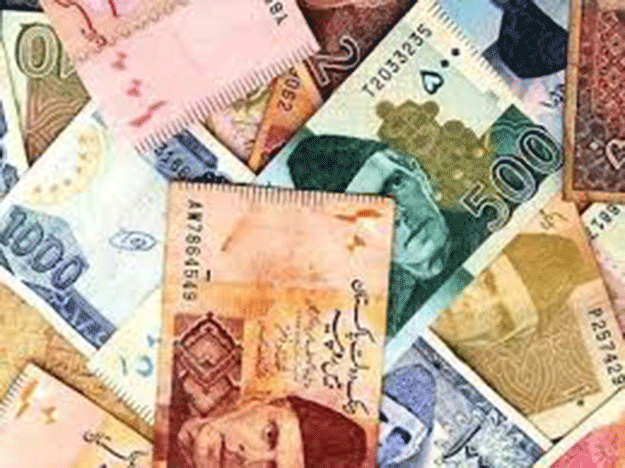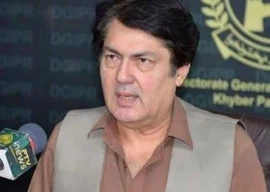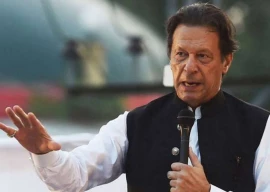
Prime Minister Nawaz Sharif’s desire to halve the standard 17% General Sales Tax (GST) under a new sales tax regime met its first serious opposition when tax authorities on Tuesday objected over the official plan fearing massive reduction in tax collection.
The Federal Board of Revenue (FBR) opposed the plan to introduce a single-stage sales tax during the meeting Finance Minister Ishaq Dar called to devise a strategy, according to officials of the Finance Ministry.
Pakistan agrees to slap billions in new taxes
Dar convened the meeting just days before experts from Pakistan and the International Monetary Fund (IMF) are scheduled to meet in Dubai to discuss the possibility of introducing a single-stage sales tax.
Pakistan and IMF experts would meet early next month to review the possibility of implementing the new regime. Special Assistant to the Prime Minister Haroon Akhtar Khan would lead the delegation and will be assisted by officials from the FBR and Tax Reforms Commission (TRC).
TRC Chairman Masoud Naqvi and the author of the new sales tax regime study and Ashfaq Tola will also be part of the Pakistani delegation.
Inconclusive IMF talks extended for two days
Last month, IMF’s Resident Representative Tokhir Mirzoev said the IMF would be open to reviewing the new system before formulating its own position.
“The worrisome aspect is that FBR officials opposed the proposal to implement the ‘single stage sales tax’ without going through the draft study carried out by the TRC on the subject,” said an official who attended the meeting.
A single-digit, single-stage sales tax would help lower inflation, plug revenue leakages and stop corrupt practices, according to the TRC interim report that it submitted to the government few months ago. The TRC termed the present system of sales tax “cumbersome” and full of leakages and abuses.
IMF to weigh in as Pakistan mulls single-stage sales tax
After the interim report, the finance minister directed the TRC to prepare a detailed report on the new sale tax regime, which was completed last week.
PM Sharif likened the idea of introducing the single-stage, single-digit sales tax after the business community approached him to review the existing flawed structure that is causing more revenue leakages than it is increasing revenue.
The TRC last year also supported the idea of replacing the existing system with a new single-stage tax mechanism. According to the proposal, the sales tax charged by the government will be final liability and the government would not issue refunds. This would allow it to reduce the overall rate to less than half of the present 17% tax and revenues would not be affected.
IMF to weigh in as Pakistan mulls single-stage sales tax
The new sales tax rate could be in the range of 7% to 8%, said officials.
The officials said that the FBR questioned the data used by the TRC in making projections of revenue collection after implementation of the single-stage sales tax. Interestingly, the TRC used FBR data in its study, suggesting that “taxmen did not trust their own data”.
Introduced in 1990s, under the influence of international financial institutions, the value-added based GST system could not achieve desired results after successive governments created many distortions by giving tax exemptions and concessions to influential lobbies.
The main thrust of the existing system is to capture the whole supply chain of goods and services, which has been broken due to sector-specific exemptions.
Despite massively increasing sales tax rates, the FBR’s tax collection remained dismal. From July through September this year, the FBR pooled Rs247 billion in sales tax, which was Rs11 billion or 4.3% less than the collection in the comparative period of the last fiscal year.
Published in The Express Tribune, November 25th, 2015.
Like Business on Facebook, follow @TribuneBiz on Twitter to stay informed and join in the conversation.





1725254039-0/Untitled-design-(24)1725254039-0-270x192.webp)
1732189200-0/Express-Tribune-(13)1732189200-0-270x192.webp)



1732186994-0/Untitled-design-(10)1732186994-0-270x192.webp)






COMMENTS (9)
Comments are moderated and generally will be posted if they are on-topic and not abusive.
For more information, please see our Comments FAQ